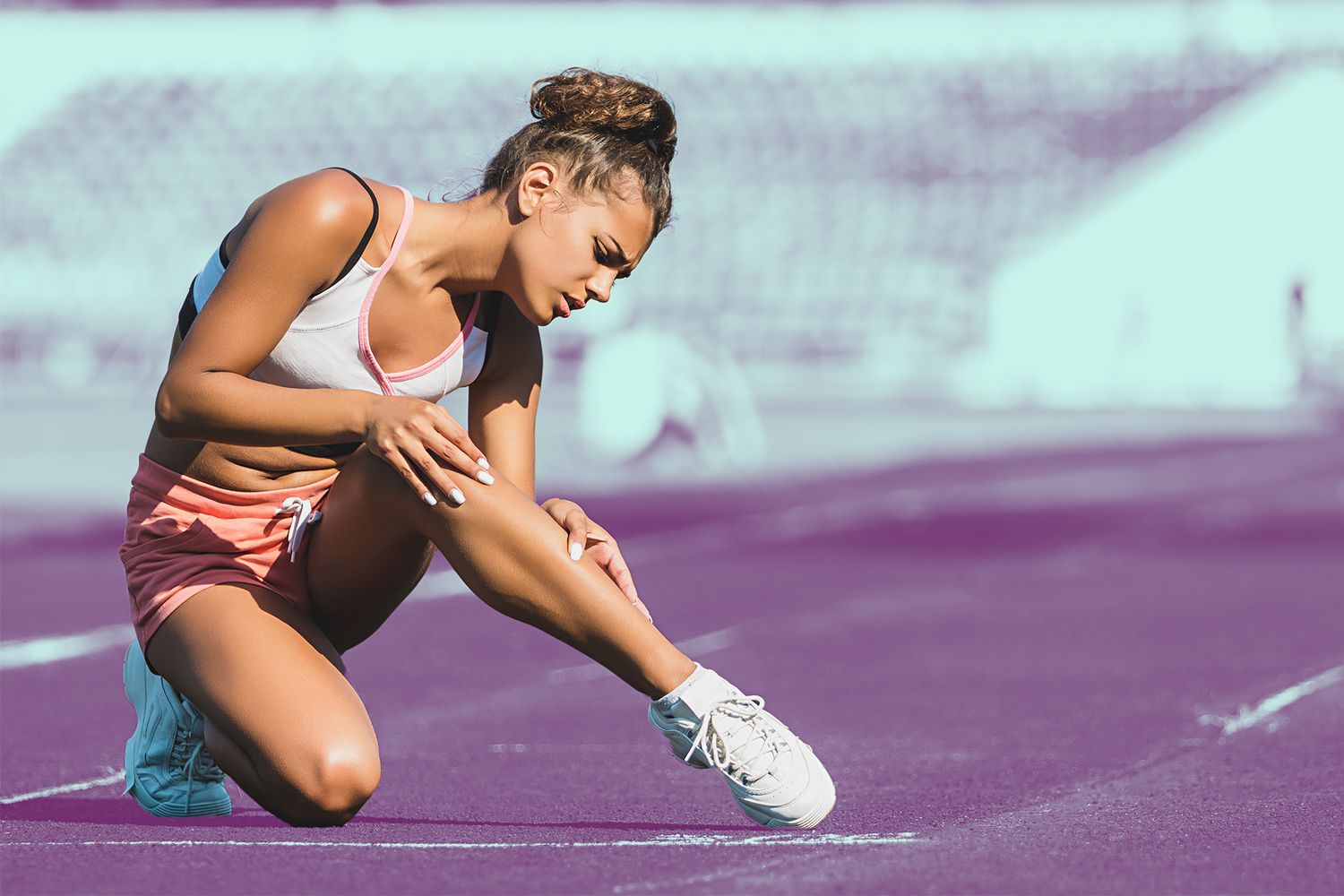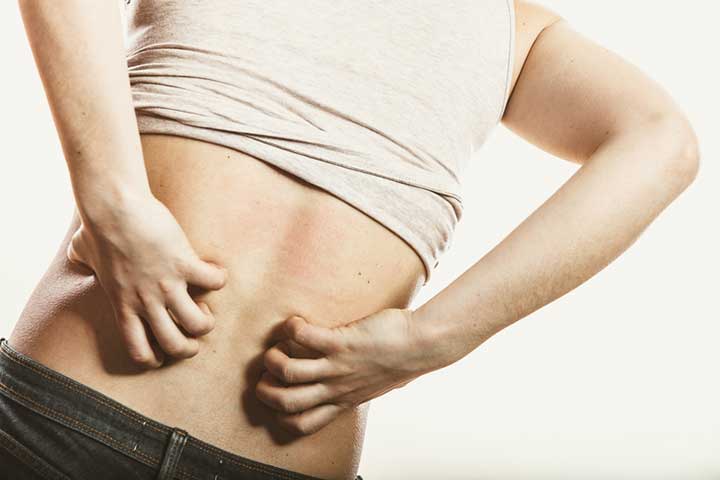Do you ever find yourself scratching uncontrollably during or after a workout? It can be quite frustrating, especially when you’re trying to focus on staying active and healthy. But rest assured, you’re not alone. Many people experience itching sensations when they exercise, and it’s not just a random occurrence. There’s a scientific explanation behind why your body starts itching when you exercise.
In this blog post, we’ll find out the reasons behind this common phenomenon and help you understand what’s happening in your body. We’ll look into the physiological processes that occur during exercise and how they can trigger itching sensations. So, keep reading to find out more.

Contents
Why Does My Body Start Itching When I Exercise?
When you engage in physical activity, such as exercise, it’s not uncommon to experience itching sensations in your body. It may seem puzzling and uncomfortable, but there’s a scientific explanation behind it.
1. Increased Blood Flow and Heat:
During exercise, your heart rate increases, and your muscles require more oxygen to meet the increased demand. This leads to an increase in blood flow to the muscles. As a result, your blood vessels near the surface of the skin expand to accommodate the greater blood flow.
This expansion of blood vessels, coupled with the rise in body temperature, can trigger itching sensations. The increased blood flow and heat can cause a release of histamines in the skin, which are compounds that can cause itching.
2. Sweat and Skin Irritation:
When you exercise, you sweat to regulate your body temperature. Sweat contains various chemicals, including salts and urea. When these substances come into contact with your skin, they can cause irritation, leading to itching.
Additionally, the friction between your skin and clothing during exercise can further exacerbate skin irritation and itching. The combination of sweat, chemicals, and friction can contribute to the itchy sensation you experience during your workout.
3. Exercise-Induced Urticaria:
In some cases, itching during exercise may be a symptom of exercise-induced urticaria. This condition is characterized by the development of hives and itching during or after physical activity. Exercise-induced urticaria is believed to be a result of an allergic reaction, where the body releases histamines in response to exercise.
If you consistently experience hives and itching during exercise, it is advisable to consult with a healthcare professional for a proper diagnosis and management plan.
Tips to Manage Exercise-Induced Itching
When it comes to exercise-induced itching, there are several strategies you can try to alleviate the discomfort. These tips can help you manage the itching and continue your workouts with minimal disruption:

- Stay hydrated: Dehydration can worsen itching, so make sure to drink plenty of water before, during, and after your workout. Keeping your body hydrated can help reduce the severity of exercise-induced itching.
- Wear moisture-wicking clothing: Opt for workout attire made of moisture-wicking fabrics. These materials help to draw sweat away from your skin, reducing the likelihood of sweat-induced itching. Avoid wearing tight clothing that restricts airflow and traps sweat against your skin.
- Choose gentle skincare products: Harsh detergents and fragranced products can irritate your skin and exacerbate itching. Consider using hypoallergenic and fragrance-free skincare products, especially when washing your workout clothes. This can help minimize skin irritation during and after exercise.
- Take breaks and cool down: If you experience intense itching during exercise, try taking short breaks to allow your body to cool down. Cooling your body temperature can help reduce itching caused by increased blood flow and heat.
- Speak to a healthcare professional: If your itching persists, is accompanied by severe symptoms, or is causing significant discomfort, it’s essential to consult a healthcare professional. They can assess your symptoms, provide a proper diagnosis, and recommend appropriate treatment options for exercise-induced itching.
Managing exercise-induced itching requires a combination of hydration, appropriate clothing choices, gentle skincare products, cooling down, and seeking professional guidance if necessary. Implementing these tips can help minimize the impact of itching on your workouts and allow you to focus on enjoying the benefits of exercise.
Frequently Asked Questions
How do I stop itching when I exercise?
Try these tips for immediate relief from exercise-induced itching: slow down, allow your heart rate to decrease, take an antihistamine, or apply an anti-itch cream.
Does poor circulation cause itching?
While not a typical symptom, itching can be a sign of poor circulation. People with diabetes commonly experience itchy legs due to poor circulation.
Can you be allergic to exercising?
Yes, exercise-induced anaphylaxis is a rare condition characterized by anaphylaxis occurring after physical activity. Symptoms may include itching, hives, flushing, wheezing, and gastrointestinal issues.

Hello, I’m Ravindra. Over the years, I’ve immersed myself deeply into the world of fitness and health, transforming both my body and mind. Writing has allowed me to share my journey, insights, and expertise with those just starting out and seasoned fitness enthusiasts alike. Beyond just routines and diets, I believe in inspiring others to adopt a holistic approach to well-being.
